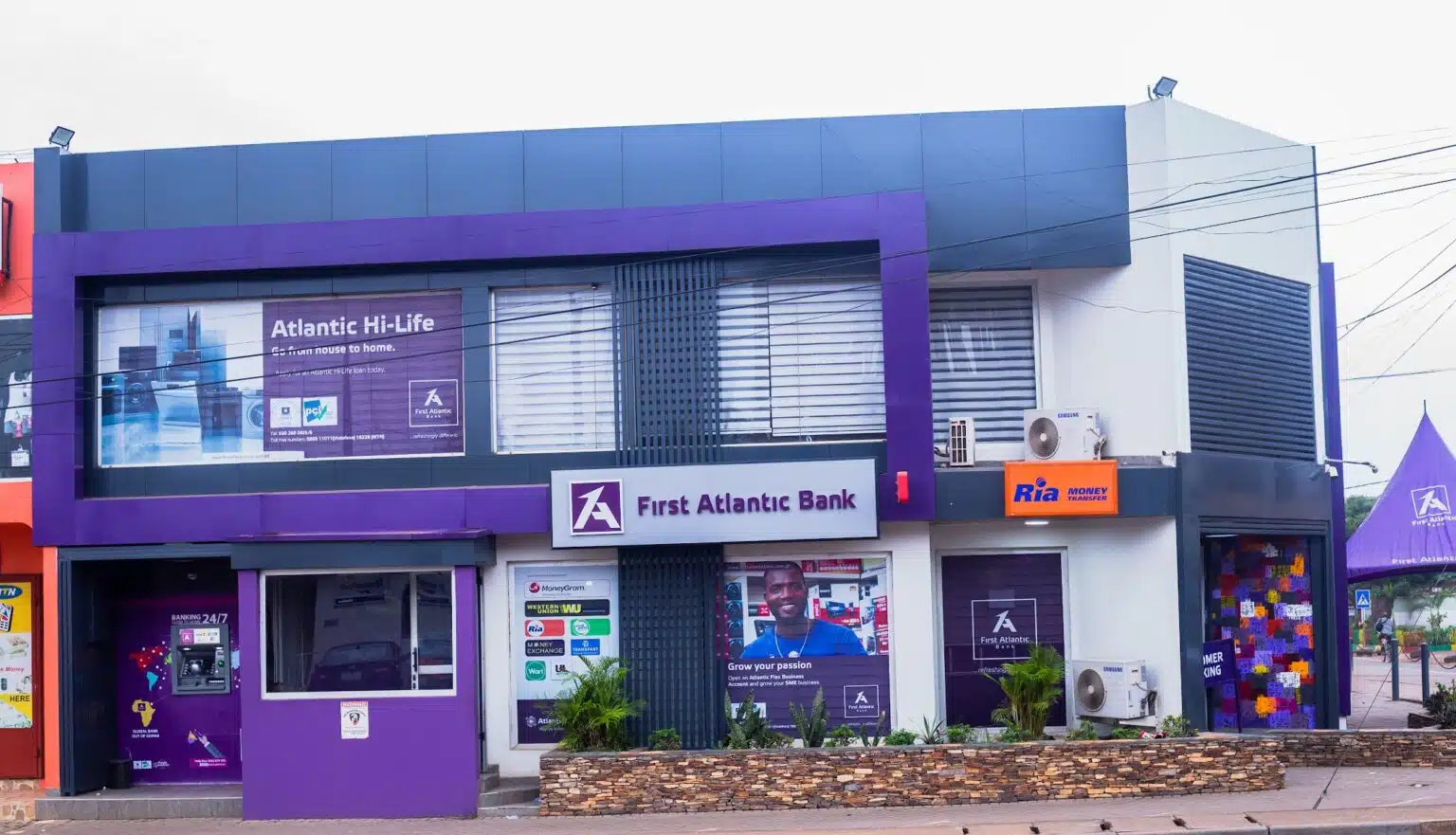Kano State is about to make big changes to its tax system, and businesses need to be ready. Starting in 2025, the state plans to take legal action against defaulters, including businesses, that don’t follow tax rules. These changes are not about raising taxes but making the system run more smoothly and ensuring businesses pay what they owe.
The Kano State Internal Revenue Service (KIRS) has set a goal to generate over twenty billion naira every quarter—more than eighty billion naira a year. To help achieve this, KIRS has reorganized its structure and is introducing a new, more efficient way of collecting taxes. This new system should make it easier for businesses to comply and reduce delays in processing payments.
For businesses, this means they will need to focus more on managing their taxes. With stricter rules in place, it’s important to keep tax records in order and pay on time. Financial managers will need to make sure everything is done correctly to avoid penalties, as the government will be more serious about holding companies accountable.
Along with the stricter enforcement, businesses will also face more scrutiny. The government will closely review business records, so keeping accurate accounts will be crucial. Failure to meet tax requirements could lead to fines or even prosecution, making compliance more important than ever.
On the positive side, these changes will make the tax system clearer and easier to understand. With fewer delays and a more organized system, businesses will be able to plan their budgets more confidently. Plus, as the state collects more tax revenue, it could lead to improvements in local infrastructure, like better roads and public services, which will benefit businesses in the long run.
Ultimately, these reforms aim to create a stronger economy for Kano, with businesses playing a key role in its growth. Companies that get ahead of the changes now will be in a better position to succeed as the state’s tax system evolves.






